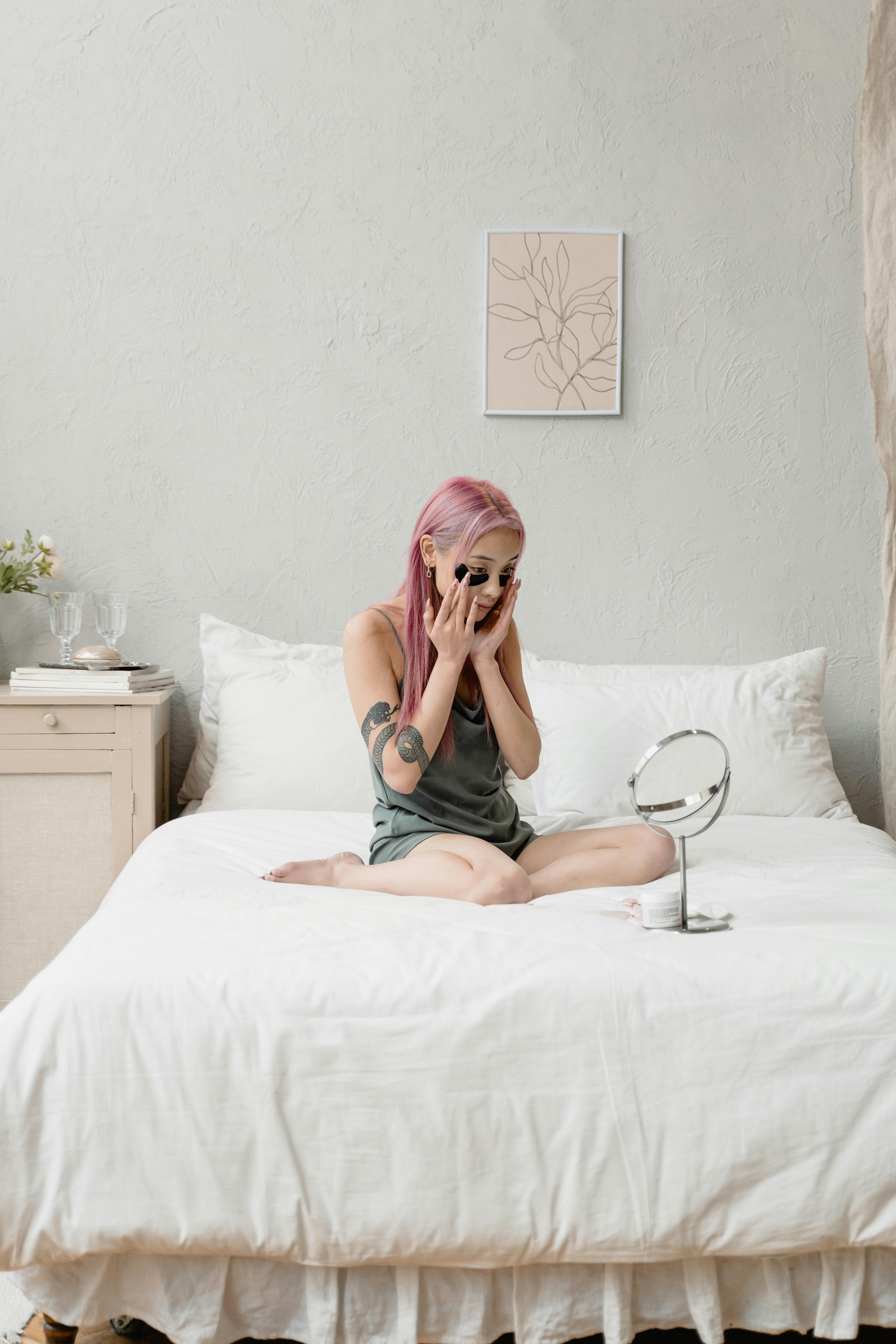Mastering the Freelance Makeup Industry Today
Freelance makeup artistry is a booming profession that blends creativity with entrepreneurial spirit. As beauty standards evolve and client demands grow, the need for skilled and flexible makeup artists continues to rise. This guide covers everything from building your portfolio to advanced techniques, helping you thrive as a freelance makeup artist.

Understanding the Fundamentals
Freelance makeup refers to the practice of offering makeup services on a self-employed basis, often working directly with clients for events, photoshoots, or editorial work. This model allows for freedom in scheduling, pricing, and brand alignment.
The concept has roots in the rise of freelance creatives in the gig economy. Over the past decade, the freelance makeup sector has seen a sharp increase due to social media influence and the demand for personalized beauty services.
1.1 Building a Solid Foundation
At its core, a successful freelance makeup business requires technical skill, business sense, and brand presence. For example, offering makeup for weddings or photoshoots requires understanding skin tones, lighting, and photographic impact.
According to Statista, the beauty industry is expected to reach $120 billion by 2027. Freelancers who master customer service and adaptability have a higher chance of succeeding in this competitive field.
1.2 Tools of the Trade
Unlike salon-based artists, freelance makeup professionals need to carry their entire kit. From foundations for various skin types to sanitary tools and lighting equipment, preparation is key.
This independence also brings creative freedom. You can select cruelty-free brands or tailor your service menu to niche audiences like theatrical or editorial makeup.
Practical Implementation Guide
Now that we understand the basics, let’s transition into actionable steps. Implementing these fundamentals involves preparation, presentation, and persistence. With the right strategy, you can build a sustainable freelance makeup business.

2.1 Actionable Steps
- Portfolio Creation: Start with test shoots. Use models, friends, or collaborate with photographers to show your versatility.
- Choose the Right Tools: Invest in high-quality brushes, palettes, and hygiene products. Brands like MAC, Morphe, and Fenty are industry standards.
- Set Milestones: Establish clear goals such as booking your first 10 clients, building an Instagram following, or launching a website.
2.2 Overcoming Challenges
Common issues include inconsistent income, competition, and client cancellations. To tackle these:
- Maintain a cancellation policy in writing
- Use booking platforms for scheduling and deposits
- Regularly post on social media to stay relevant
Top makeup artists recommend joining communities for mentorship and client referrals. Staying updated on trends like dewy finishes or bold liners can also set you apart.
Advanced Applications
Once your foundation is solid, you can explore advanced freelance makeup strategies. These help scale your business and showcase your artistic expertise. Knowing when to advance comes after you’ve mastered everyday looks and built a recurring clientele.

3.1 Editorial and Commercial Makeup
These high-end gigs often require working with teams—photographers, stylists, models. A makeup artist freelancing for a fashion magazine must understand how makeup translates under studio lighting. Brands like Vogue or Harper’s Bazaar hire artists for themed shoots or seasonal campaigns.
Success in this space demands speed, precision, and the ability to follow a creative brief. You may work with unusual textures, prosthetics, or avant-garde styles not used in daily makeup.
3.2 Bridal and Special Event Services
Bridal makeup is a lucrative niche in freelance makeup. It requires long-lasting applications and emotional intelligence. You must handle stress, last-minute changes, and group dynamics.
Using airbrush tools, waterproof products, and touch-up kits can elevate your service. It’s also critical to maintain timelines and communicate clearly with planners or stylists.
Future Outlook
The freelance makeup industry is headed toward increased specialization and virtual presence. Trends include virtual consultations, personalized product kits, and AI-driven skin analysis tools.
In the next 3–5 years, we expect stronger demand for mobile beauty services and eco-conscious brands. Professionals embracing these changes early will likely lead the market. Enrolling in advanced courses or brand-sponsored certifications can give you a competitive edge.
Conclusion
To succeed in freelance makeup, focus on building a strong portfolio, using quality products, and staying updated with trends. Develop both artistic and business skills to maintain a thriving client base.
Take your next step by scheduling a test shoot, reaching out to potential collaborators, or upgrading your kit. The freelance makeup journey starts with one brushstroke—start now.
Frequently Asked Questions
- Q: What is freelance makeup? It’s the practice of offering makeup services independently without being tied to a salon or agency. Clients hire you directly for personal or professional events.
- Q: How do I get started as a freelance makeup artist? Begin with a professional kit, test shoots to build your portfolio, and online presence through Instagram or TikTok.
- Q: How much time does it take to build a clientele? Expect at least 6 months to build a stable client base, though this varies by location and marketing efforts.
- Q: What does it cost to start freelance makeup? Startup costs range from $500 to $2000 depending on your kit, marketing, and certification needs.
- Q: Is freelance makeup better than working in a salon? Freelance offers flexibility and higher earnings potential, but comes with more risk and responsibility.
- Q: Is it hard to learn advanced techniques? With practice and tutorials, you can master them. Many platforms offer online certifications for bridal, SFX, and editorial looks.
- Q: How can I apply freelance makeup skills in other industries? Film, theater, fashion, and even virtual reality development are industries hiring freelance makeup artists.
